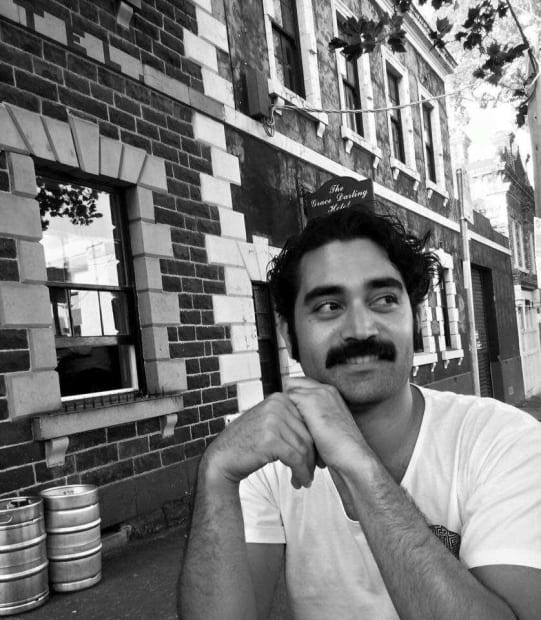-

Photo-copyright-©-2014 Tadeusz Rolke
-

Photo Credit : Alexander Steffens Druck
-

-

-

-

Portrait by David Martin Harris
-

-

-

-

-

Photocredit : Victoria Tomaschko










